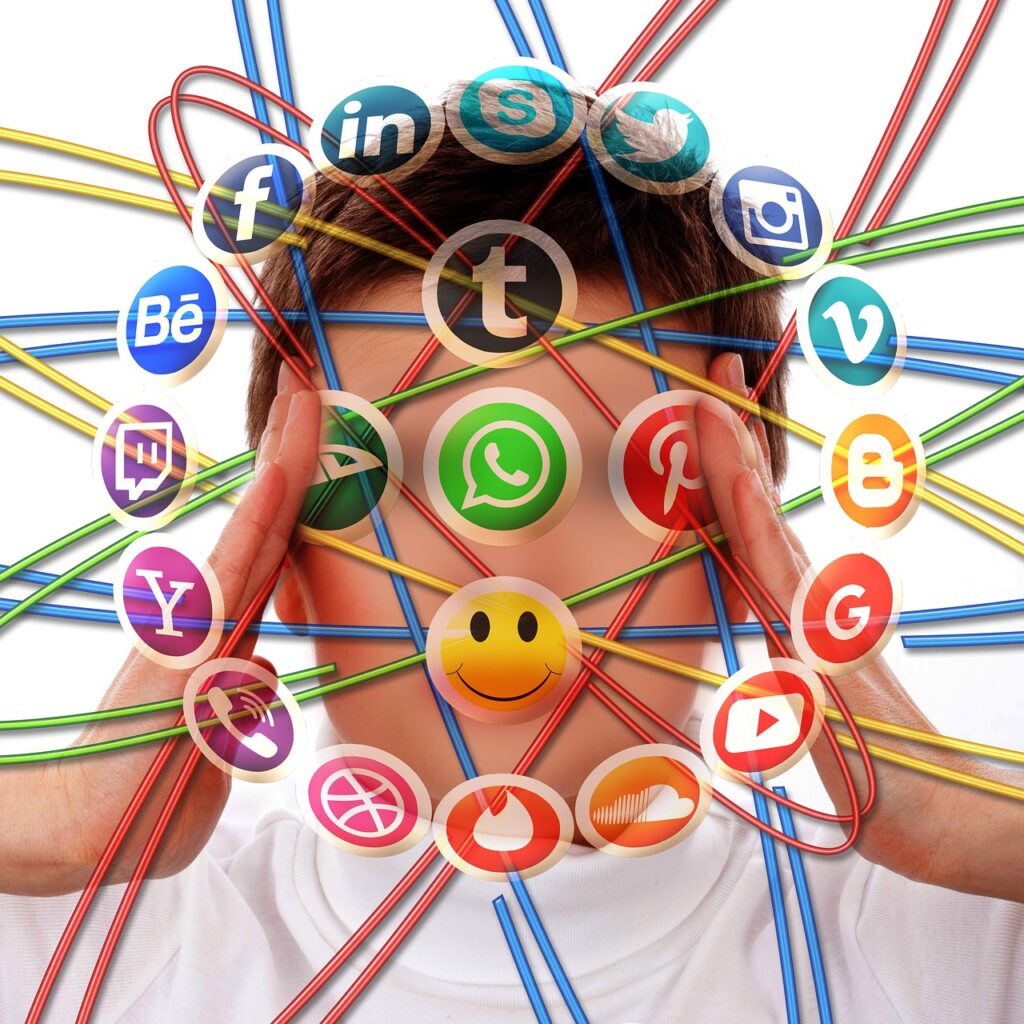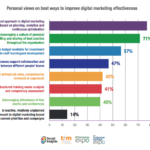Table of Contents
Introduction
In today’s society, social media has become an integral part of our daily lives. Its influence and prevalence cannot be denied. From connecting with friends and family to sharing experiences and discovering new content, social media platforms offer a plethora of benefits. However, beneath the surface, there lies a hidden truth: social media exerts a significant level of control over our lives. In this article, we will delve deep into the dark side of social media, exposing the ways in which it impacts our behavior, emotions, and overall well-being.
I. The Addictive Nature of Social Media
A. The Dopamine Rush
When we receive likes, comments, and notifications on social media, it triggers a surge of dopamine in our brains. This chemical response creates a pleasurable sensation, leading to a sense of reward and reinforcement. This addictive nature of social media keeps us coming back for more, constantly seeking that next dopamine rush.
B. Fear of Missing Out (FOMO)
The fear of missing out, or FOMO, is a powerful driver of social media engagement. Seeing others’ posts about exciting events, lavish vacations, or important milestones can evoke a sense of envy and the fear that we are somehow missing out on life’s greatest moments. This fear drives us to constantly check our social media platforms, afraid of being left behind or disconnected from our peers.
II. Social Comparison and Self-Esteem
A. The Highlight Reel Syndrome
Social media encourages users to showcase only the best aspects of their lives. We carefully curate our posts, selecting the most flattering photos, the most exciting experiences, and the most enviable achievements. However, this curated online persona often presents an unrealistic view of reality. We compare our own lives to these highlight reels, leading to feelings of inadequacy, low self-esteem, and a distorted perception of our own worth.
B. Negative Effects on Self-Esteem
Studies have shown a correlation between increased social media usage and decreased self-esteem. The constant exposure to carefully crafted images of seemingly perfect lives can make us feel inadequate or flawed in comparison. The pressure to conform to unrealistic beauty standards and lifestyles perpetuated on social media platforms further contributes to feelings of self-doubt and dissatisfaction with ourselves.
III. Privacy Concerns and Data Exploitation
A. Personal Information Sharing
Social media platforms thrive on the exchange of personal information. We willingly share our thoughts, locations, and personal details without fully considering the potential risks. From birthdates and relationship statuses to our preferences and interests, this vast amount of personal information leaves us vulnerable to privacy breaches, identity theft, and other malicious activities.
B. Data Mining and Targeted Advertising
Social media platforms collect vast amounts of user data, which is then used for targeted advertising. Every click, like, and share is meticulously analyzed, allowing advertisers to tailor their messages to specific individuals. While this personalized experience may seem convenient, it raises ethical concerns about the extent to which our personal data is being exploited without our explicit consent.
IV. Mental Health Implications
A. Social Media and Depression
Excessive social media usage has been linked to depressive symptoms. Constantly comparing our lives to others, experiencing cyberbullying, and encountering online harassment can take a toll on our mental well-being. The curated nature of social media often presents an unrealistic standard of happiness and success, further exacerbating feelings of sadness, loneliness, and inadequacy.
B. Anxiety and Social Media
The pressure to present a perfect online image can contribute to anxiety disorders. The fear of judgment, criticism, and negative comments can lead to heightened anxiety levels. Additionally, the addictive nature of social media and the constant need to be connected can induce feelings of restlessness and an inability to switch off, causing a state of chronic anxiety.
V. Time and Productivity Drain
A. The Endless Scroll
Social media platforms are designed to keep us engaged, providing an endless stream of content to consume. However, this constant scrolling and mindless browsing can be a significant drain on our time and attention. Hours can pass without us even realizing it, leaving little room for productive activities or meaningful real-world interactions.
B. Distraction and Procrastination
The allure of social media can be a major source of distraction and procrastination. Instead of focusing on important tasks or responsibilities, we find ourselves succumbing to the temptation of checking notifications, responding to messages, and exploring new posts. This diversion from our priorities can hinder our productivity and impede our ability to accomplish meaningful goals.
VI. Parenting in the Digital Age
A. Impact on Children and Adolescents
The influence of social media on children and adolescents cannot be overlooked. It affects their social and emotional development, shaping their identities and relationships. Cyberbullying, peer pressure, and exposure to inappropriate content pose significant risks to their well-being. Parents must be aware of these challenges and take proactive measures to protect their children.
B. Setting Healthy Boundaries
As parents, it is crucial to establish healthy boundaries around social media use. By setting clear guidelines, monitoring online activities, and fostering open communication, we can guide our children toward responsible and safe social media usage. Digital literacy education plays a vital role in equipping them with the skills needed to navigate the online world wisely.

VII. Fake News and Misinformation
A. The Spread of False Information
Social media platforms have become breeding grounds for the rapid dissemination of fake news. The speed at which information spreads can lead to the amplification of false narratives, misleading the public and shaping public opinion. The consequences of misinformation on critical issues, such as politics, health, and societal beliefs, are far-reaching and can undermine the foundation of a well-informed society.
B. Fact-Checking and Media Literacy
To combat the spread of misinformation, it is crucial for individuals to develop strong media literacy skills. Fact-checking sources, critically evaluating information, and verifying claims are essential in navigating the complex landscape of social media. By empowering individuals with the tools and resources to distinguish fact from fiction, we can work towards a more informed and discerning online community.
VIII. Disconnecting and Finding Balance
A. Digital Detox and Mindful Social Media Use
Taking breaks from social media through digital detox can have numerous benefits. It allows us to reclaim our time, reduce the influence of social media on our emotions, and reconnect with the present moment. Engaging in mindful social media usage involves being conscious of our intentions, setting limits, and engaging in purposeful interactions, promoting a healthier relationship with these platforms.
B. Cultivating Offline Connections
Amidst the digital age, it is essential to nurture real-life relationships and face-to-face interactions. Engaging in hobbies, outdoor activities, and social events outside the digital realm helps us create meaningful connections and foster a sense of belonging. By striking a balance between our online and offline lives, we can lead more fulfilling and well-rounded experiences.
Conclusion
In conclusion, social media’s control over our lives is a pervasive and often hidden reality. From the addictive nature of dopamine rushes and FOMO to the impact on self-esteem, privacy concerns, mental health implications, and productivity drain, the influence of social media is far-reaching. By recognizing and understanding these dark sides, we can make conscious choices to regain control and find a healthier balance between the digital and real world. Let us reflect on our social media habits, set boundaries, and prioritize meaningful connections to live a life less dominated by social media’s control.









